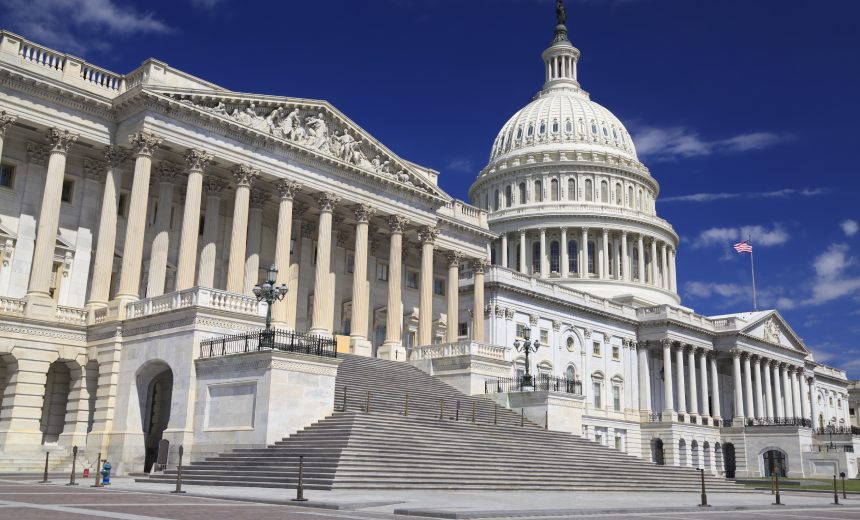Governance & Risk Management
,
Government
,
Industry Specific
The Vote to Restrict the Sale of Americans’ Sensitive Personal Data Is Unanimous

The U.S. House of Representatives unanimously voted Wednesday to pass legislation that would restrict domestic data brokers from selling Americans’ sensitive personal data to foreign adversaries.
See Also: The True Cost of a Security Breach
The Protecting Americans’ Data from Foreign Adversaries Act would empower the Federal Communications Commission to seek civil penalties of at least $50,000 against U.S. data brokers that sell information to foreign adversaries or entities operating in Russia, China, Iran and North Korea. The legislation is part of an effort to strengthen data protections and further safeguard the U.S. from foreign adversaries, according to co-sponsor Rep. Cathy McMorris Rodgers, R-Wash., chair of the House Energy and Commerce Committee.
“We will not allow our adversaries to undermine American national security and individual privacy by purchasing people’s personally identifiable sensitive information from data brokers,” McMorris said in a joint statement with bill sponsor Rep. Frank Pallone, Jr., D-N.J. A bipartisan group of lawmakers introduced the bill in early March and the Energy and Commerce Committee unanimously voted in favor on March 7.
The bill includes an extensive list defining what constitutes sensitive data, including financial account numbers, government-issued identifiers, biometric and genetic information, geolocational data and health information, among other various types of personal information.
Passage of the bill in the House comes three weeks after President Joe Biden signed an executive order that directs the Department of Justice to initiate a rule-making to prohibit unrestricted transfers of bulk sensitive personal data to countries of concern, such as China.
Multiple presidential administrations have flagged China’s large appetite for data on Americans, whether they obtain it through hacking or through commercial transactions. A November 2023 report from Duke University says data brokers were selling nonpublic information about U.S. military personnel for as little as $0.12 per individual.
Analysis published in February by think tank the Center for Strategic and International Studies calls the executive order part of a larger U.S. policy shift “that increasingly puts security and digital rights at the forefront of its digital economy agenda.”
The House earlier this month approved legislation aimed at banning the Chinese-owned social media app TikTok unless its owner can find a U.S. buyer for the platform.
Rodgers and Pallone said the data privacy legislation builds on the TikTok bill “and serves as an important complement to more comprehensive national data privacy legislation” that Congress is trying to put into law.
